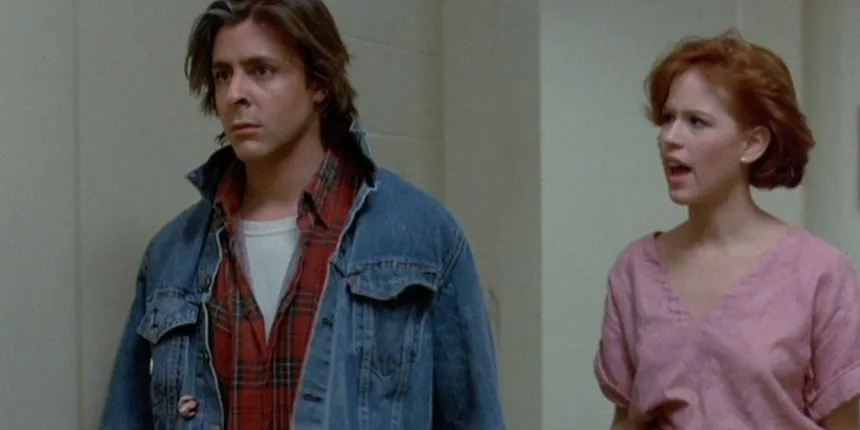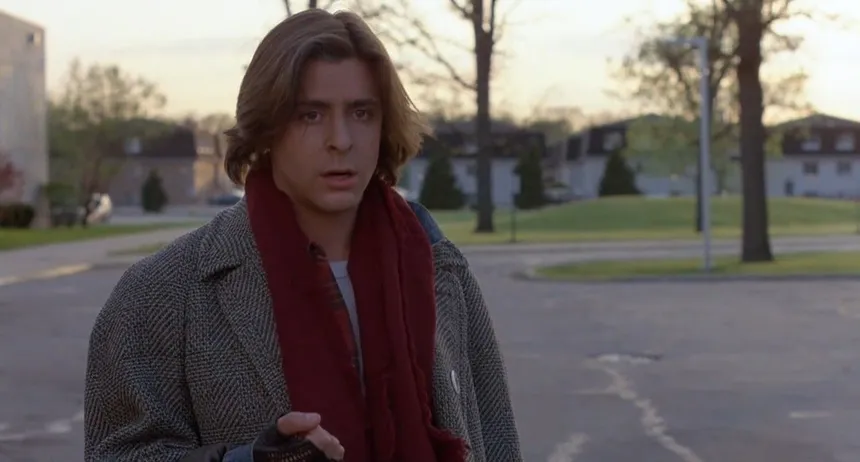The Breakfast Club, a beloved 80s classic, tells the story of five high school outcasts who find common ground in detention. At the center of this iconic film is John Bender, the troubled anti-hero played by Judd Nelson. Nelson’s portrayal of Bender walks a fine line, as he must convey the character’s arrogance, disrespect, and questionable morals, while also showcasing a surprising capacity for empathy.
To fully capture Bender’s essence, Nelson reportedly immersed himself in the character, adopting a method-acting approach that sometimes led to clashes with director John Hughes.

John Bender in The Breakfast Club. (Via IMDB)
Hughes prioritized the safety and wellbeing of his young co-stars, whereas Nelson’s immersion in the role sometimes led to friction. Despite these creative differences, the cast, led by Nelson, came together to convince Hughes to keep him in the project, recognizing his unique ability to capture Bender’s intricate complexities. This display of solidarity underscores the importance of embracing individuality and accepting differences.
John Bender’s influence on the group is undeniable, as he pushes the others to confront their anxieties and forge genuine connections. His influence extends beyond the film, as his flaws and unforgettable brash personality continue to charm audiences today. The Breakfast Club remains relevant due to its timeless themes of identity, friendship, and the importance of accepting oneself for who they are. Bender, the flawed and unforgettable anti-hero, reminds us that even the most notorious rebels can harbor surprising depths. As the film continues to resonate with audiences, John Bender remains an instantly recognizable and authentic character, whose influence extends beyond the screen and into the hearts of those who watch him.
























